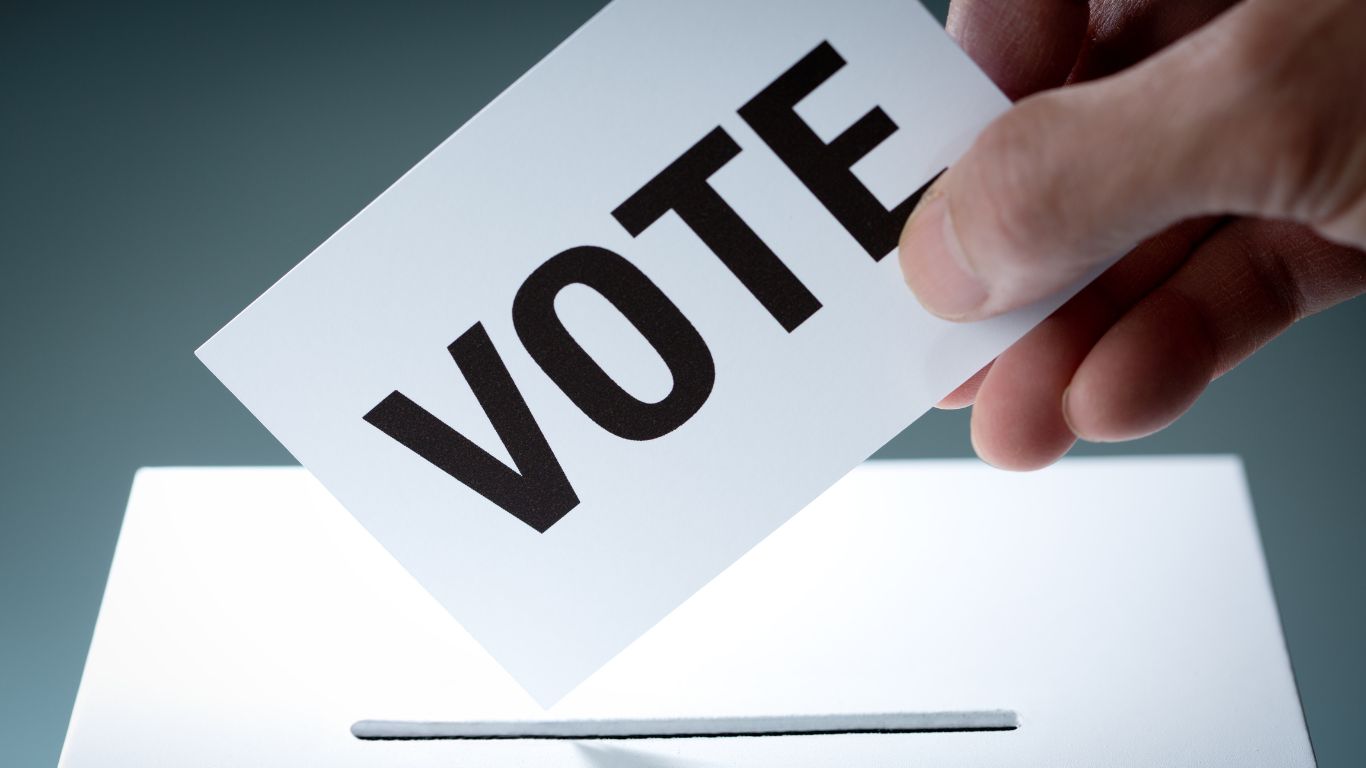As the Lok Sabha elections 2024 are near their conclusion, Phase 7 emerges as the final act in this electoral extravaganza. Scheduled for June 1, this phase encompasses 57 Lok Sabha constituencies spread across seven states and the Union territory of Chandigarh, marking the culmination of months of rigorous campaigning and political fervor. The Election Commission of India released the polling schedule for 543 Lok Sabha constituencies, conducted over seven phases between April 19 and June 2. The counting of votes took place on June 4.
Phase 1 covered 102 constituencies in 21 states and Union Territories (UTs) on April 19. Phase 2 covered 89 constituencies in 12 states/UTs on April 26. Phase 3 occurred on May 7, covering 94 seats in 12 states/UTs. Phase 4 covered 96 constituencies in 10 states/UTs on May 13. Phase 5 saw 49 seats in eight states/UTs going to polls on May 20. Phase 6 was held on May 25, with 57 seats in seven states/UTs going to the polls.
The final phase, Phase 7, will be held on June 1, covering 57 constituencies in eight states/UTs.
The model code of conduct was enforced on March 16 and will persist beyond the June 1 polling until the conclusion of the vote-counting process on June 4. By-elections and the state Assembly elections in Odisha, Sikkim, Arunachal Pradesh, and Andhra Pradesh will be concurrently conducted with the Lok Sabha elections.
Phase 7 Lok Sabha Elections: 57 Seats, Over 10 Crore Voters
The final phase of the Lok Sabha elections, Phase 7, is here, scheduled for June 1. It’s the last chance for voters across 57 constituencies in seven states and Chandigarh to cast their ballots and have their say in shaping the country’s future.
Key Points:
- States: The 57 constituencies participating in Phase 7 span Bihar, Chandigarh, Himachal Pradesh, Jharkhand, Orissa, Punjab, Uttar Pradesh, and West Bengal, showcasing the geographical diversity of India’s electoral terrain.
- Big Contest: Prime Minister Narendra Modi’s candidacy from Uttar Pradesh’s Varanasi seat adds a significant dimension to Phase 7. As the incumbent two-term Lok Sabha member from Varanasi, PM Modi seeks a third consecutive term from this historic constituency, making it a closely watched contest.
- Reserved Seats: Of the 57 seats, 13 are reserved for candidates from Scheduled Castes and three for Scheduled Tribes, in adherence to the Election Commission’s guidelines on ensuring representation for marginalized communities.
- Simultaneous Voting: Odisha’s 42 assembly constituencies, comprising 27 general, nine Scheduled Caste, and six Scheduled Tribe seats, will also go to polls simultaneously, further amplifying the electoral fervor in Phase 7.
- Voter Turnout: More than 10.06 crore electors are expected to exercise their franchise across 1.09 lakh polling stations, managed by a workforce of 10.9 lakh officials. This massive electorate includes 5.42 crore males, 4.82 crore females, and 3574 third-gender electors, highlighting the inclusive nature of India’s democratic process.
- Observer Deployment: To ensure the integrity and transparency of the voting process, 172 observers, comprising expenditure, general, and police observers, have been appointed to oversee various aspects of the electoral process, including expenditure monitoring and security arrangements.
- Surveillance: Flying squads, static teams, and video teams are monitoring activities to prevent malpractices.
- Security Measures: Strict vigilance measures are in place to prevent the illicit flow of liquor, drugs, cash, and freebies through international and inter-state border check posts, reflecting the Election Commission’s commitment to upholding the sanctity of the electoral process.
ALSO READ: Lok Sabha Election 2024: Exit Polls Schedule And Viewing Details




















